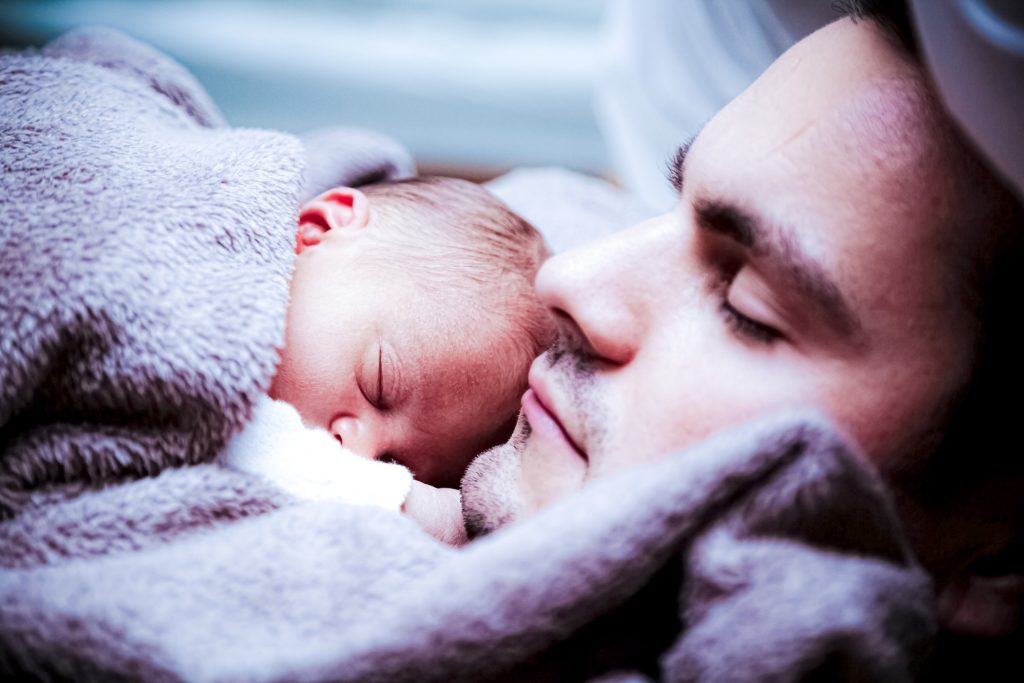
“The clock said 3:00 a.m., and I still couldn’t fall asleep. I’d been tossing and turning in bed for hours but not sleeping. Whenever I closed my eyes, I saw an endless stream of images. It felt like my brain didn’t want to stop working,” says a patient with insomnia.
The 33-year-old woman was annoyed, distressed, and constantly tired, and she didn’t know how much longer she could go on like this. Finally, she decided to see a doctor. After ruling out a serious medical cause, the doctor prescribed medication to help her rest. It wasn’t a perfect solution, but it helped her get her life back on track.
Medications for insomnia are better today and are no longer addictive. But there are no “miracle cures” for insomnia that you can take forever. Insomnia, especially chronic insomnia, is a sign from your body that something is wrong.
If you ignore insomnia, your physical health will deteriorate. The same goes for your mental health. You won’t be as efficient at work as you used to be, and you’ll be in a bad mood all day, even with your friends and loved ones. To stay healthy, you need to rest and eat a balanced diet. On the other hand, you will feel like you’ve been hit by a truck if you don’t get enough sleep.
Insomnia is a silent disease that doesn’t allow the body and mind to function normally. Lack of energy, lack of concentration, and the tendency to other conditions are all related to the fact that you’ve been unable to sleep regularly and restfully.
Some experts believe that insomnia is directly related to stress, regardless of the patient’s age.
Everyone suffers from stress in some form or another. And the way stress is handled determines whether and how much it affects sleep patterns. Try stress reduction exercises like yoga, tai chi, or meditation. How you handle stress has a positive effect on your fight against insomnia.
Some free tips will surprise you with how well they work.
1 Replace negative and stressful thoughts with ones that help you fall asleep. For some, the most helpful method is counting sheep. Don’t laugh; it works, but not how you tried it out. For quick results, pick a number close to 100 and count backward until you get to one. It is because you have an end point at which you’ll reach the dream. Take a deep breath at each number, and clear your mind of other thoughts preventing you from sleeping. It’s simple and very effective.
2 While lying in bed and waiting for the sleep cycle to begin, gently move your leg or arm as if you were following the rhythm of your favorite music. Turn on the radio and set the volume as low as possible. If you try to listen and wiggle, you’ll quickly fall into the land of sleep. This method isn’t suitable if you have a sleeping partner.
3 Ideally, the sleeping environment should be dark and quiet and where you feel safe and relaxed. Many often go to bed with socks on because they have cold feet. Wearing socks to bed is an absolute no-no! They tend to overheat the entire body and disrupt sleep patterns.
Using electric blankets also has a negative effect. You can sleep much better if your body is more relaxed and not warmer.
4 The more energy you use during the day, the less energy you’ll have at night. Your body wants to rest, and eventually, you’ll fall asleep. Try exercising to combat insomnia. Think of it this way: not only will you find sleep, but you’ll look and feel great!
5 Today, numerous technological advances can help people sleep better. According to several studies, developing special glasses that emit a soft light helps to improve sleep. You should wear the glasses for a few hours before bed. Another advance is sleep-regulating sounds and music available through Internet channels such as YouTube or Alexa.
You should never think that insomnia is acceptable and dismiss it because it may signify more significant problems. Most people think insomnia is a temporary condition that will disappear, but it never does; it just worsens. You may suffer from anxiety, panic, or depression and may not even know it.
For more information on INSOMNIA: American Academy of Sleep Medicine
